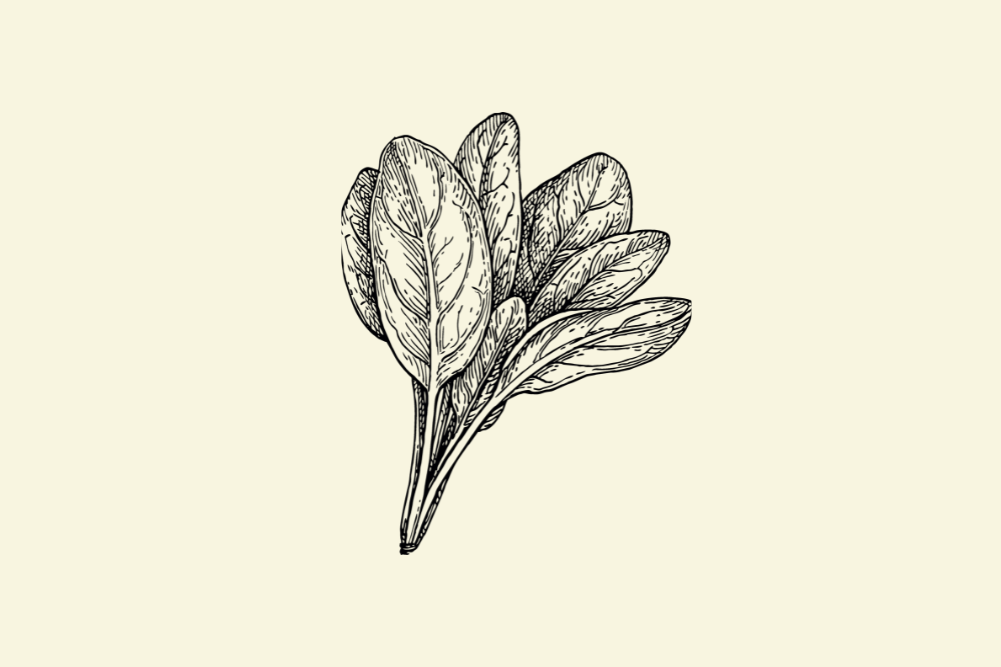Social behaviour contributes to ‘Antarctica’ sleep patterns
Lack of sleep or irregular sleep can make us grumpy and extremely irritable during the day. Poor sleep quality affects our health adversely and many aspects of our wellbeing. There are several reasons for sleep patterns and sleep quality to be out of sync and one of them is being exposed to constant daylight.
This is true if you are living in the Arctic or the Antarctica regions where for several months, these regions experience 24-hour daylight for several months of the year. This continuous daylight condition is known to interfere with physiological functions such as sleep patterns and the release of melatonin, a hormone associated with the circadian patterns of sleep.
Sleep complaints is the most common health-related problem cited in the Arctic and Antarctica expeditions, but so far there has been no established cause of these complaints.
The overall mood of the Antarctic group was good. It was not affected by the harsh environment or the poor sleep quality. A possible explanation for the low fatigue ratings despite the poor sleep quality might be the effect of the continuous exposure to daylight during that time.
Antarctica is located at the tip of the Southern Hemisphere and experiences 24 hour daylight with no darkness during the Antarctica summer. An expedition team which was stationed at the Antarctica volunteered to be investigated for sleep studies at night by a Belgian group of researchers.
This study was aimed at studying sleep and determining circadian regulation and mood during the four month long Antarctica summer.
For this study there were two groups – the Antarctica group which consisted of twenty one healthy males aged between 27 and 57; and the control group which included 12 healthy males aged between twenty and forty three who were recorded after a habituation night in the sleep laboratory in Brussels.
The researchers monitored the volunteers’ sleep stages and recorded the secretion of melatonin and cortisol – a stress hormone which is also linked to wakefulness.
Under normal circumstances, when we sleep at night we begin with more deep sleep so that the body can recover and as morning approaches our sleep patterns contain more dreams.
But sleep patterns in the expedition team was reversed with dream sleep occurring earlier and deep sleep coming much later at the end of the night.
Melatonin secretion is a process which helps you fall off to sleep and is usually released in the darkness of the night as melatonin is sensitive to light. In the expedition team melatonin remained high in the body upon waking. This may be due to delayed release of melatonin which may contribute to morning sleepiness as reported by the expedition team, which waned with exposure to sunlight.
The Antarctica group complained consistently about poor sleep quality and described their sleep as non-restorative despite experiencing deep sleep.
The cortisol secretion remained normal with the highest levels secreted during the morning. Normally melatonin and cortisol have an inverse relationship – when one hormone is high the other in low.
The fixed schedule of expedition members was such that they worked and slept together, creating a similar social time for the crew and to which the researchers attributed the delayed cortisol release to. It seems that the cortisol production is related to social time which has been suggested by previous studies. The researchers explained that if the team was on different schedules, then the timing of cortisol release would have likely changed.
This study warrants further investigation into how social behaviour affects physiological functions and that sleep complaints in the Antarctica has more to do than just being continuously exposed to sunlight.
Source: Journal of Applied Physiology








